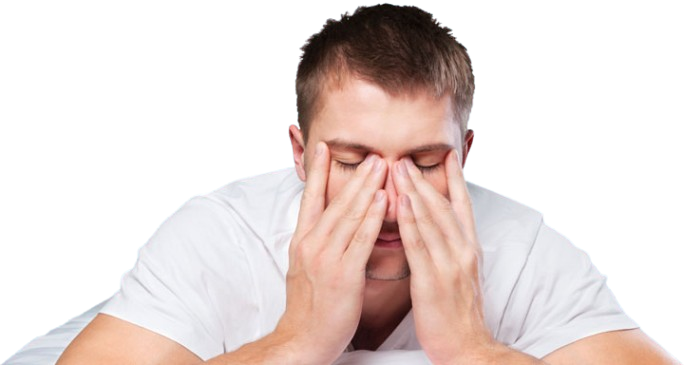Sleep Disorders
RLS and PLMD
Struggling with Restless Legs Syndrome or Periodic Limb Movement Disorder?
Does it feel like your legs have a mind of their own, especially when you’re trying to relax or sleep? Restless Legs Syndrome (RLS) could be to blame. It’s more common than you might think, affecting about 7% of adults—especially women.
RLS can make your legs tingle, itch, or feel like they’re crawling, often leaving you with an overwhelming urge to move them. And just when you think you’ve got it under control, those same sensations can strike again after just 15 minutes of lying down. It’s not just your legs either—some people even experience it in their arms.
At Auckland Sleep, we get it. Sleep issues like RLS and Periodic Limb Movement Disorder (PLMD) can take a serious toll on your rest and your day-to-day life. But the good news? You don’t have to put up with it.
How We Can Help
We’re here to figure out what’s going on and help you get back to the restful sleep you deserve. It all starts with our comprehensive Sleep Questionnaire—because no two people are the same, and your treatment plan shouldn’t be either.
Whether it’s lifestyle tweaks, medication, or a mix of both, we’ll guide you through a tailored plan to ease your symptoms and improve your sleep.
RLS and PLMD
RLS and PLMD can feel like they overlap, but they’re not quite the same.
- RLS hits when you’re awake, with that restless, uncomfortable urge to move your legs.
- PLMD kicks in during your sleep, causing involuntary leg jerks or twitches.
Both conditions can wreak havoc on your sleep, leaving you tired, irritable, and far from your best self during the day.
RLS Symptoms
If you have RLS, you’ll likely notice:
- A strong, almost irresistible urge to move your legs, especially after sitting or lying down.
- Uncomfortable tingling, crawling, or itching sensations.
- Temporary relief when you move—walking, stretching, or even just shifting your legs can help.
- Symptoms that feel worse in the evening or at night.
- Trouble falling or staying asleep.
PLMD Symptoms
With PLMD, the signs are a bit different. You might experience:
- Sudden, repetitive jerking or twitching of your legs while you’re asleep (often your partner notices before you do!).
- Waking up multiple times during the night.
- Feeling drained or moody during the day, thanks to disrupted sleep.
The exact cause isn’t completely understood, but researchers believe an imbalance in dopamine—a chemical that helps control muscle movements—might play a role. Other factors like genetics, health conditions, or even certain medications could also contribute.
Here are some common risk factors:
- Age: Symptoms are more likely to appear as you get older.
- Gender: Women are more prone to RLS.
- Health conditions: Things like diabetes, kidney issues, or sleep apnea can increase your risk.
- Iron deficiency: Low iron levels or anaemia could be a trigger.
Certain medications: Some prescriptions can make symptoms worse.
While there’s no permanent cure for RLS or PLMD, the right treatment can make a world of difference. Depending on your situation, we might recommend:
- Medications: These can include dopamine agonists or anticonvulsants to ease symptoms.
- Lifestyle changes: Simple tweaks can have a big impact.
Here are a few steps you can take at home to help manage symptoms:
- Cut back on alcohol and caffeine, especially before bed.
- Focus on improving your sleep routine (a consistent bedtime and relaxing pre-sleep habits work wonders).
- Stay active—regular exercise can help, but avoid intense workouts close to bedtime.
At Auckland Sleep, we look at the big picture. Our holistic approach doesn’t just address your symptoms—it tackles the underlying causes to help you find lasting relief.

Getting a diagnosis
If you’re tired of restless nights (and restless legs), it’s time to take the first step. We offer a thorough sleep study, called a polysomnogram (PSG), that monitors your sleep patterns overnight. We’ll also run blood tests to check for iron, vitamin B12, and thyroid issues, so nothing gets overlooked.
You don’t have to keep struggling. Let us help you reclaim your nights—and your days.

If you want to learn how your RLS and/or PLMD is affecting you and what treatments can help, take our sleep test.
